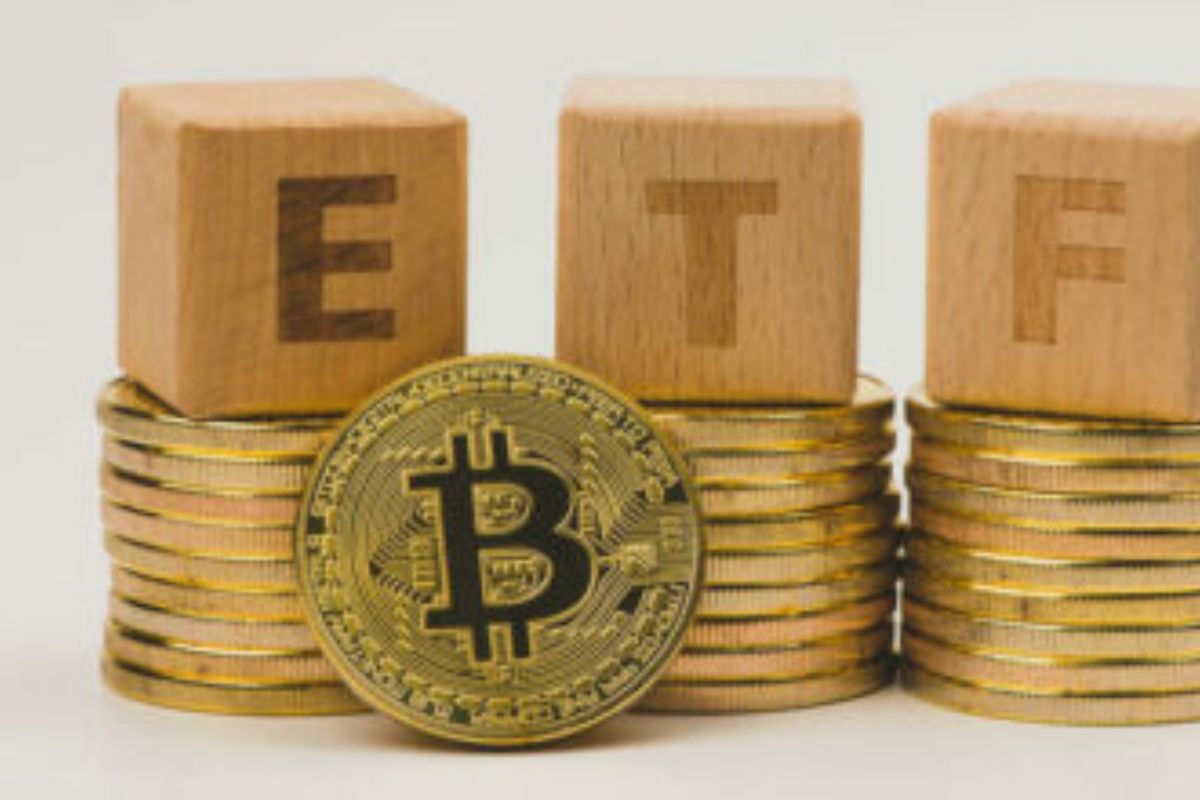Key Insights:
- Europe’s inaugural Bitcoin ETF is reshaping crypto investments, overcoming hurdles.
- Jacobi’s regulated Bitcoin ETF sets a new standard, departing from risky ETNs.
- Bitcoin ETFs spark global interest, paving the way for mainstream adoption.
Breaking new ground in the world of cryptocurrency, Jacobi Asset Management is set to launch Europe’s inaugural Bitcoin exchange-traded fund (ETF). After overcoming a tumultuous year marked by market instability and regulatory hurdles, this venture is set to reshape the dynamics of European crypto investments.
Jacobi had initially targeted a July 2022 release for its Bitcoin ETF. However, market turmoil, including the Terra/Luna crypto crash and the collapse of the FTX exchange, thwarted these plans. Despite these obstacles, the rebound of Bitcoin prices, crossing $30,000 twice in 2023, and shifting market demand have reignited the project. Hence, Jacobi’s Bitcoin ETF is now ready for takeoff.
A Pioneering Shift from ETNs to ETFs for Digital Asset Investments
European investors traditionally lean on exchange-traded products (ETPs) such as exchange-traded notes (ETNs) for their digital asset ventures. This Bitcoin ETF, however, promises a significant departure from this trend.
Jacobi’s co-founder and COO, Peter Lane, expressed concern about the confusion surrounding ETFs and ETNs. According to Lane, the misuse of “ETF” by ETN issuers masks the significant risks ETNs carry, mainly due to leverage and derivatives. Conversely, Jacobi’s Bitcoin ETF, regulated by Guernsey, avoids these risks.
Moreover, David Crosland from the law firm Carey Olsen applauds Guernsey’s regulatory adaptability. The jurisdiction’s willingness to tackle complex fund specifics has been pivotal in navigating the challenges of a European Bitcoin ETF launch.
An Investment Game-Changer: Expanding Market Impact and Revived Investor Interest
According to industry insiders, this ETF could substantially influence the European digital asset market. Bloomberg and Coinbase data reveal that net flows into such ETPs reached $483 million over the past 18 months, peaking at €10.5 billion at the end of 2021.
Additionally, the excitement for Bitcoin ETFs is more comprehensive than in Europe. In the US, major traditional finance players like BlackRock, Invesco, and Fidelity have submitted their own Bitcoin ETF applications. This move has reignited interest in cryptocurrencies among institutional investors.
Significantly, these spot Bitcoin ETFs would allow investors to trade Bitcoin directly through their brokerage accounts if approved. This could bolster mainstream acceptance of Bitcoin, the world’s largest cryptocurrency.
In conclusion, the launch of Europe’s first Bitcoin ETF symbolizes a significant milestone in the evolution of cryptocurrencies. Despite remaining challenges, the involvement of heavyweight firms in this space underscores a momentous shift in market sentiment. Consequently, the dawn of Bitcoin ETFs could usher in a new era in digital asset investment, reshaping the global financial landscape.
